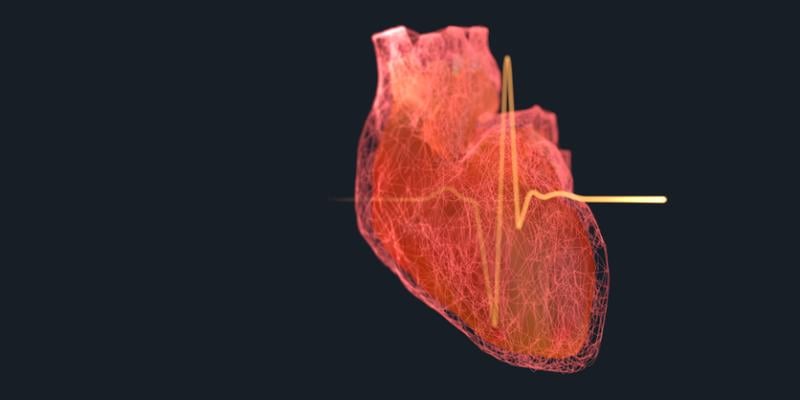
Getty Images
April 18, 2024 — Bayer AG and Asklepios BioPharmaceutical, Inc., a gene therapy company wholly owned and independently operated as a subsidiary of Bayer AG, today announced that the U.S. Food and Drug Administration (FDA) has granted Fast Track Designation for the AB-1002 program. AB-1002 is an investigational one-time gene therapy that is administered to the heart with the intention of helping to promote the production of a constitutively active form of protein inhibitor 1 (I-1c) designed to block the action of protein phosphatase 1. Inhibiting the function of this protein, which is linked to congestive heart failure (CHF), could potentially lead to a therapeutic effect on the heart.1,2
“The FDA Fast Track Designation for AB-1002 is an important accomplishment for the clinical development of this program and highlights our goal of potentially bringing effective treatments to patients with advanced congestive heart failure,” said Canwen Jiang, MD, PhD, Chief Development Officer and Chief Medical Officer, AskBio. “We look forward to completing our Phase II GenePHIT clinical trial, which is currently enrolling patients with severe heart failure, and are committed to exploring the full potential of AB-1002 for the treatment of this devastating disease.”
The FDA Fast Track Program is designed to facilitate the development and expedite the review of new therapeutics that are intended to treat serious conditions and fill unmet medical needs.3 The purpose of the Program is to get important new therapeutics to patients earlier.3 Therapeutics that receive this designation benefit from eligibility for more frequent meetings with the FDA to discuss the development plan and, if relevant criteria are met, eligibility for Accelerated Approval and Priority Review.
“The Fast Track Designation for AB-1002 emphasizes the need to rapidly advance new therapeutic modalities such as gene therapy for people living with congestive heart failure,” said Christian Rommel, PhD, Head of Research and Development at Bayer’s Pharmaceuticals Division. “This designation underpins the potential of AB-1002 to address currently high unmet medical need, and we are excited about the opportunity to accelerate its development.”
AB-1002 is an investigational gene therapy that has not received marketing authorization, and its efficacy and safety have not been established or fully evaluated. AskBio is currently enrolling patients in the Phase II GenePHIT (Gene PHosphatase Inhibition Therapy) trial of AB-1002 (also known as NAN-101) for the treatment of CHF.4
For more information: www.askbio.com
References:
[1] Fish KM, Ladage D, Kawase Y, et al. AAV9.I-1c delivered via direct coronary infusion in a porcine model of heart failure improves contractility and mitigates adverse remodeling. Circ Heart Fail. 2013;6(2):310-317.
[2] Pathak A, del Monte F, Zhao W, et al. Enhancement of cardiac function and suppression of heart failure progression by inhibition of protein phosphatase 1. Circ Res. 2005;96(7):756-766.
[3] US FDA – Fast Track. Available at: https://www.fda.gov/patients/fast-track-breakthrough-therapy-accelerated-approval-priority-review/fast-track. Accessed April 2024.
[4] Phosphatase Inhibition by Intracoronary Gene Therapy in Subjects With Non-Ischemic NYHA Class III Heart Failure (GenePHIT). Available at: https://classic.clinicaltrials.gov/ct2/show/NCT05598333. Accessed April 2024.
[5] CDC. Heart failure. Centers for Disease Control and Prevention. Published 2022. Available at: https://www.cdc.gov/heartdisease/heart_failure.htm. Accessed April 2024.
[6] American Heart Association: Types of Heart Failure. Available at: https://www.heart.org/en/health-topics/heart-failure/what-is-heart-failure/types-of-heart-failure. Accessed April 2024
[7] Savarese G, Lund LH. Global Public Health Burden of Heart Failure. Card Fail Rev. 2017;3(1):7-11. doi:10.15420/cfr.2016:25:2.


 February 03, 2026
February 03, 2026 









